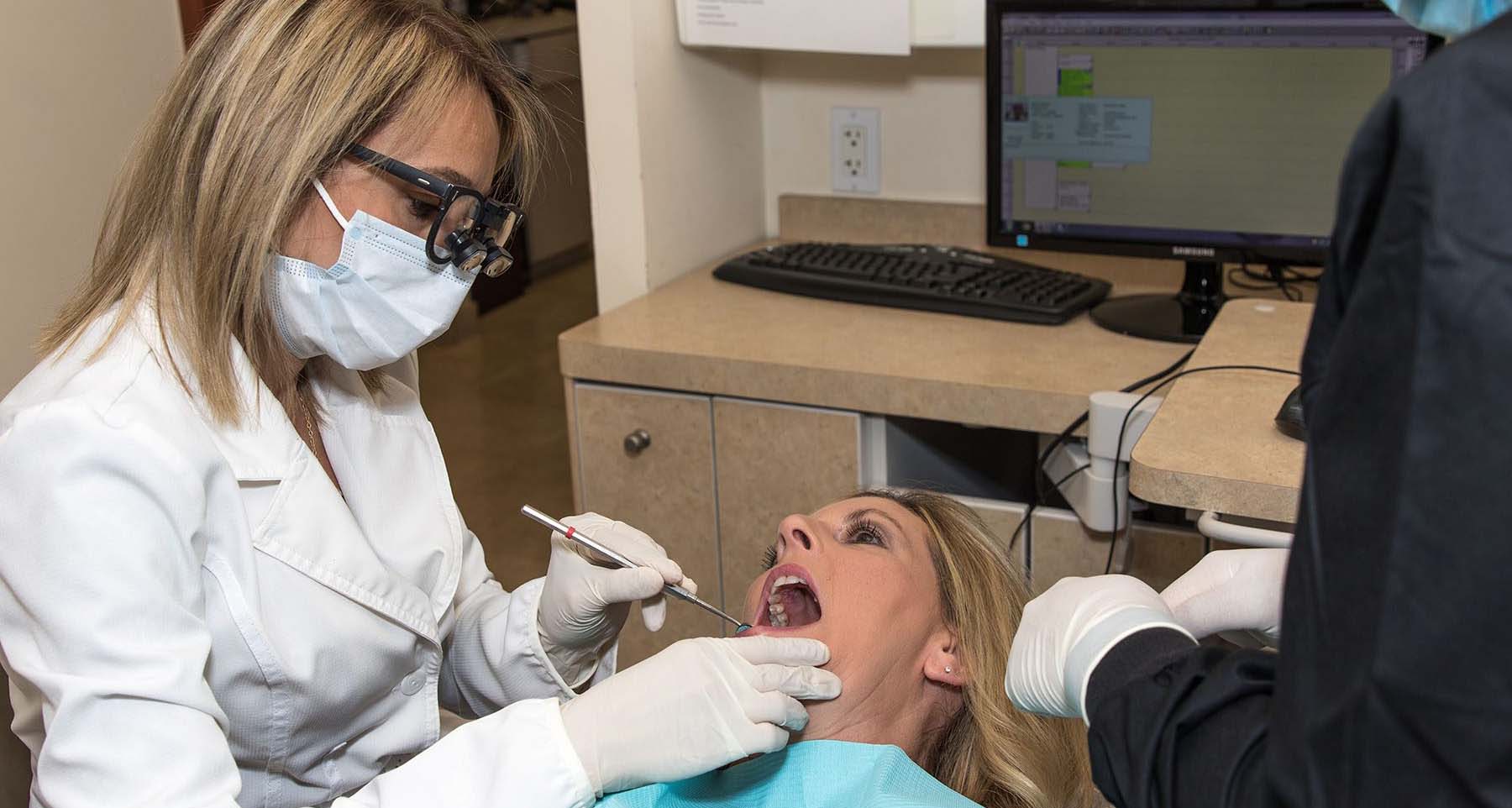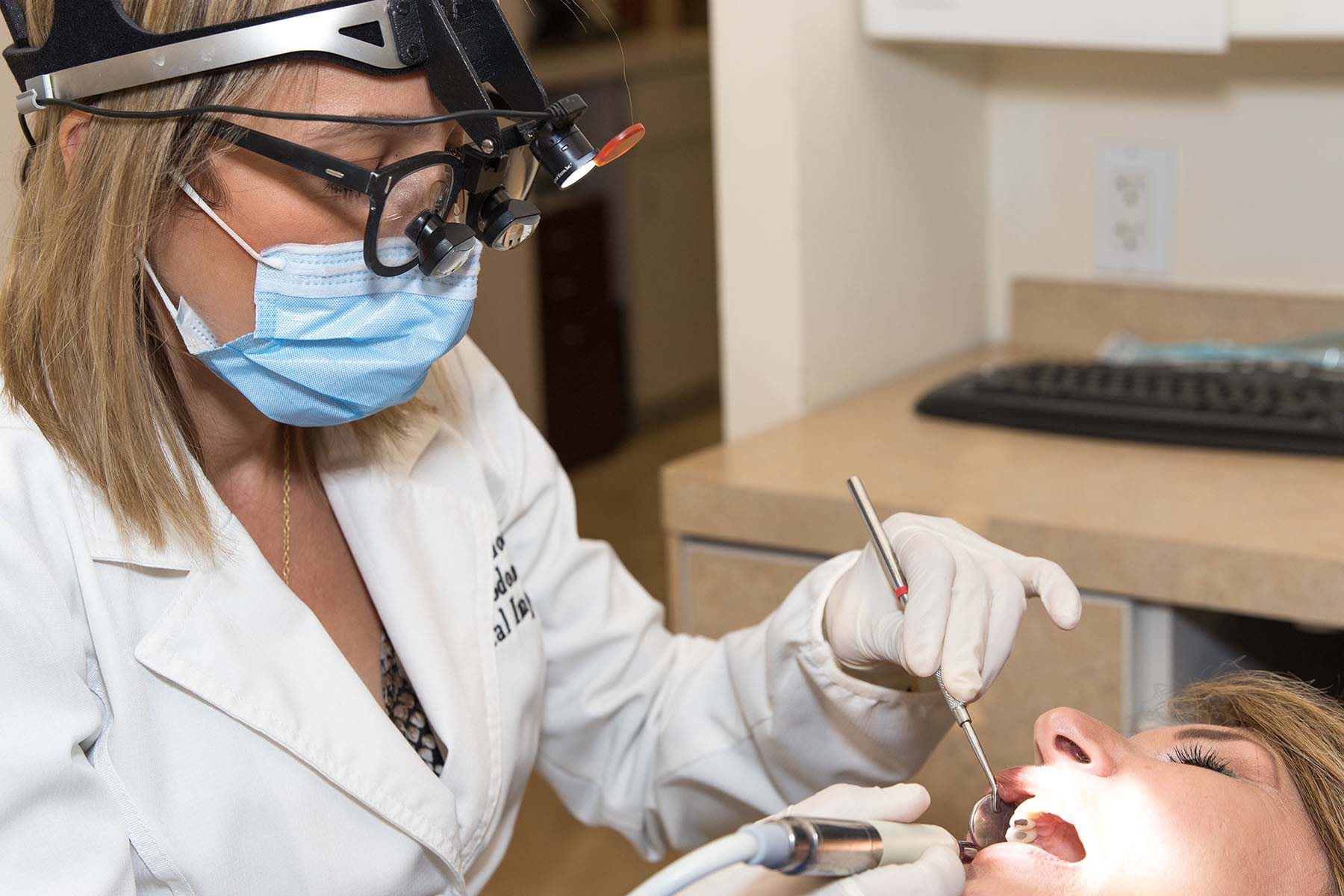Are your dental implants failing?
Usually, dental implants work well, and the procedure is quite successful. But, in a few cases, dental implants don’t work. While this occurrence remains a rare event, here are some of the symptoms of a dental implant that has failed.
- A dental implant has three parts. The three parts are the body of the implant, the abutment, which looks a little like a titanium screw, and the crown, which looks like a tooth that is attached to the implant. If the implanted prosthetic tooth becomes loose, some part of the embedded tooth has broken and needs to be fixed. Implants don’t break very often, however.
- Osseointegration problems remain another source of dental implant failure. Osseointegration is a fancy science word that means that the implant screw device has grown into your jawbone and anchored it to your jaw. Ideally, the implant becomes solidified into your jaw when the jawbone grows around it. But if osseointegration does not occur, the dental implant does not become a substantial part of your jaw, the implanted tooth will not work appropriately in your mouth, and the implant fails.
- Pain in the area of the implant. If the skin and jaw around your dental implant becomes painful after time, or if the area around the hardware of the implant swell or moves, your dentist may take an x-ray of that portion of your mouth. If the x-ray shows a loss of bone around the hardware of the implant, the jawbone may be infected and be mobile, too. In this case, the dental implant has failed.
These symptoms and signs sound pretty scary to a person who is considering having a dental implant placed. However, dental implants are usually a very successful and highly predictable procedure. So the chances of any of the above dental implant symptoms arising are quite slim.
What Behaviors and Conditions Increase Your Risks of Having a Failed Dental Implant?
Many factors influence whether a person’s dental implant procedure will be successful or not. If you follow your doctor’s instructions, you have a high chance of having a successful dental implant placement. Gum disease may cause your dental implant to fail due to spreading bacterial infections in the area of your implant hardware. To avoid this scenario, have a thorough check-up before you have a dental implant, and be sure to have all oral infections treated before the implant occurs.
Also, if you have osteoporosis, your general bone strength may be lessened. When the implant is placed, the jawbone that grows around the dental implant may not be strong enough to hold the hardware in place.
Other health issues that lessen your chance of a successful dental transplant include smoking and cancer treatments.
If you are reside in the Los Angeles area, please call us for a consultation about getting dental implants at1-844-8SmileNow. Your insurance may pay for a significant amount of a dental implant. So call us now for more information before the end of the year.












